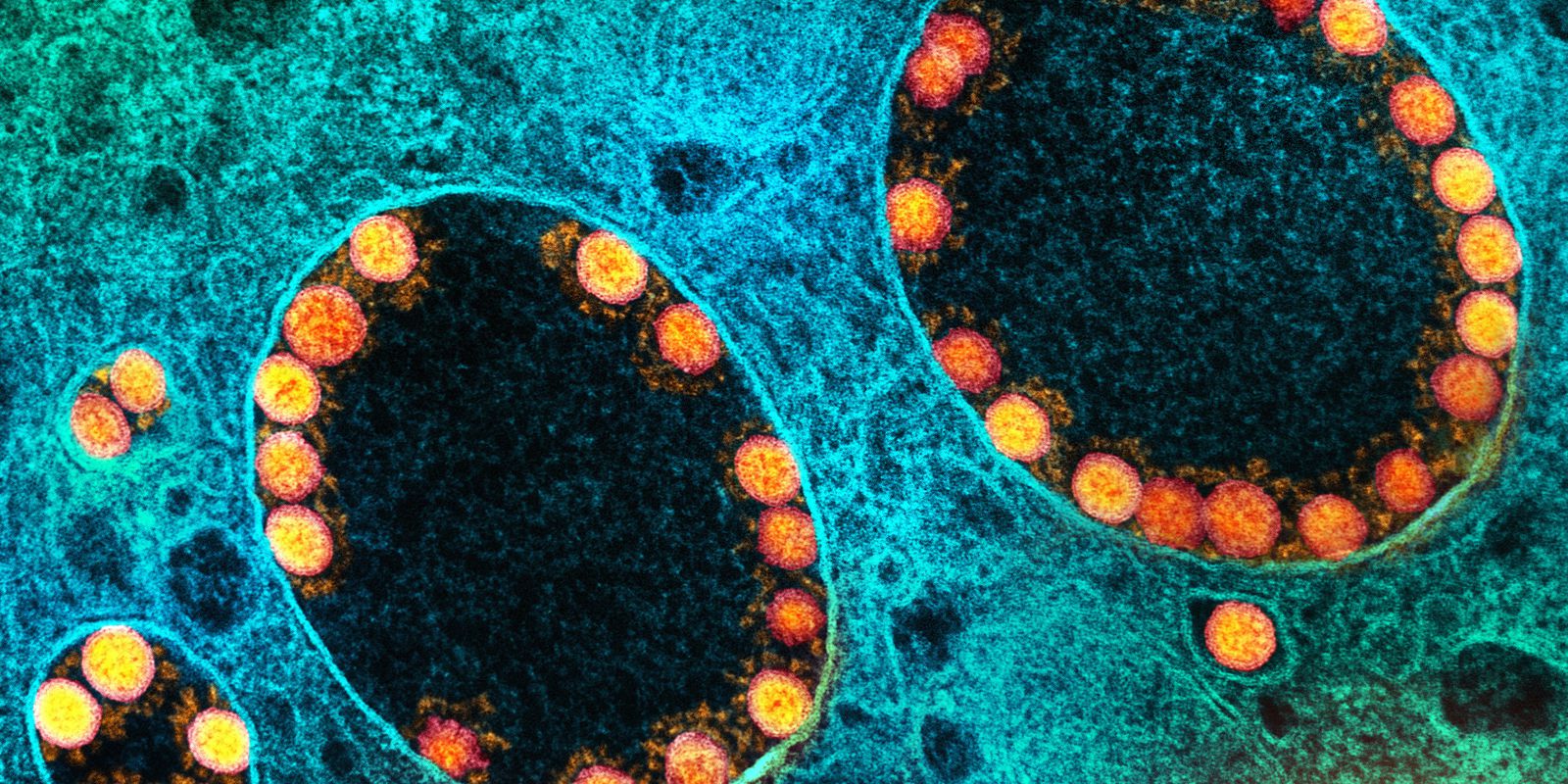A study released this Friday (26) by Penn State University, in the United States, identified a series of drugs approved by the Food and Drug Administration (FDA), the country’s regulatory body, that “significantly” reduce the ability of the Delta variant , from covid-19, to replicate in human cells. The results were published February 25 in the journal Communications Biology.
According to the Penn State researchers, the discovery encompasses drugs that inhibit viral enzymes essential for SARS-CoV-2 replication in infected human cells.
“SARS-CoV-2 vaccines target the spike protein, but this protein is under strong selection pressure and, as we saw with Ômicron, can mutate significantly,” explained the Penn State professor of biochemistry and molecular biology, Joyce Jose.
In this regard, he added, “there remains an urgent need for therapeutic agents that target parts of the virus in addition to the protein. spikewhich is not as likely to evolve”.
Previous research has shown that two SARS-CoV-2 enzymes – proteases, including Mpro and PLpro – are promising targets for antiviral drug development.
Professor of biochemistry and molecular biology at Penn State, Katsuhiko Murakami said the new coronavirus makes long proteins, called polyproteins, from its RNA genome.
“These proteins must be cleaved into individual proteins by these proteases in an orderly manner, leading to the formation of functional viral enzymes and proteins to initiate virus replication as soon as it enters the cell. If you inhibit one of these proteases, the spread of the virus in the infected person can be stopped”, he detailed.
Tested compounds
The researchers ran trials that tested 64 compounds – including inhibitors of HIV and hepatitis C proteases; cysteine proteases, which occur in certain protozoan parasites; and dipeptidyl peptidase, a human enzyme involved in type 2 diabetes (for its ability to inhibit Mpro or PLpro).
“Of the 64 compounds, the team identified 11 that affected Mpro activity and five that affected PLpro activity, based on a 50% cutoff in protease activity with 90% cell viability,” the university said.
Next, the team evaluated the antiviral activity of the 16 inhibitors PLpro and Mpro against viruses in live human cells, and found that eight of them had “dose-dependent antiviral activities against SARS-CoV-2, and that some of them inhibit the Mpro enzyme.” , in addition to impairing the ability of the virus to infect cells.
The researchers also found that the combination of some substances provided an “additive antiviral effect”, further inhibiting the replication of the new coronavirus.
While the scientists have studied the Delta variant, they say the drugs “are likely to be effective against Omicron and future variants, because they target parts of the virus that are unlikely to mutate significantly.”
*With information from Penn State University.

















